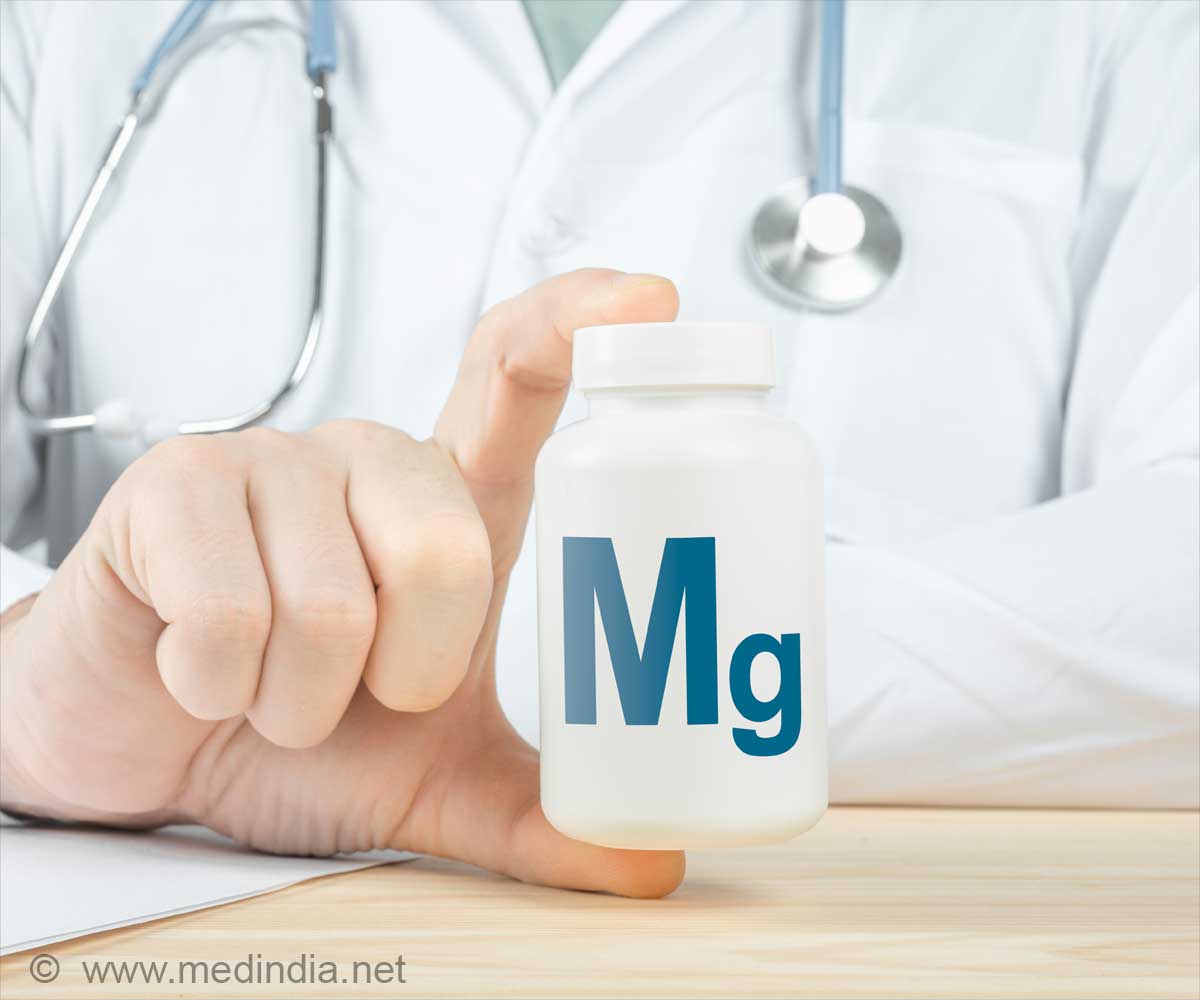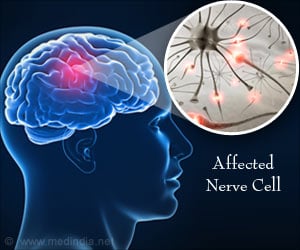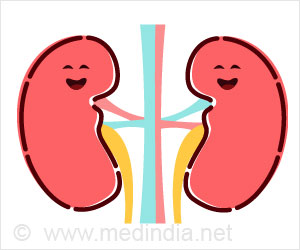Reduced levels of Magnesium in the body may cause degenerative disorders. Optimal levels are required to prevent DNA damage.

- Magnesium, the fourth most prevalent mineral in the human body, plays a crucial role in significant metabolic and biochemical processes within cells
- A recent study hypothesizes that magnesium deficiency leads to DNA damage in cells
- Low magnesium levels combined with high homocysteine can increase the risk of age-related conditions such as neurodegenerative disorders and accelerated aging
Low magnesium in conjunction with high homocysteine increases DNA damage in healthy middle aged Australians
Go to source) (2✔ ✔Trusted Source
Hypomagnesemia
Go to source). A study recently published in the European Journal of Nutrition indicated an additional advantage of magnesium element. A deficiency in magnesium may elevate the likelihood of various health conditions, especially chronic degenerative diseases (1✔ ✔Trusted Source
Low magnesium in conjunction with high homocysteine increases DNA damage in healthy middle aged Australians
Go to source).
Magnesium is a mineral that is abundantly present in the body and one can get enough magnesium from a diet rich in green leafy vegetables, whole grains, legumes, nuts, and fish. #magnesium #degenerativediseases #medindia’
Role of Magnesium in DNA Repair and Replication
Amongst the various functions of Magnesium, it plays a very critical role in the pathways involved in DNA repair mechanisms. Several enzymes, including DNA polymerase beta, DNA ligases, and DNA endonucleases, depend on magnesium for their optimal activity. Sufficient magnesium levels are necessary for effective DNA replication and repair, both of which are vital for preserving genomic stability.This role of magnesium has not been extensively researched. Therefore, the researchers in Australia conducted a study involving blood samples from 172 middle-aged adults to investigate various health indicators. They measured the levels of magnesium, homocysteine, folate, and vitamin B12, while also examining markers indicative of DNA damage.
A crucial aspect of this research was an amino acid known as homocysteine, which is processed from dietary intake. Elevated concentrations of homocysteine in the bloodstream have been associated with a heightened risk of DNA damage. Scientists propose that such damage might contribute to the development of neurodegenerative disorders, including dementia, Alzheimer's disease, and Parkinson's disease, in addition to neural tube defects.
How Low Magnesium Levels Increase the Risk of Degenerative Diseases
The study findings indicated that individuals with reduced magnesium levels were more likely to exhibit elevated homocysteine (Hcy) levels. In contrast, individuals with higher magnesium levels seemed to have increased levels of folate and vitamin B12.This, in turn, means that a low magnesium and high homocysteine level could cause oxidative stress and DNA damage, thereby increasing the risk of degenerative diseases, cancers, and accelerated aging.
References:
- Low magnesium in conjunction with high homocysteine increases DNA damage in healthy middle aged Australians - (https://link.springer.com/article/10.1007/s00394-024-03449-0)
- Hypomagnesemia - (https://my.clevelandclinic.org/health/diseases/23264-hypomagnesemia)
Source-Medindia















